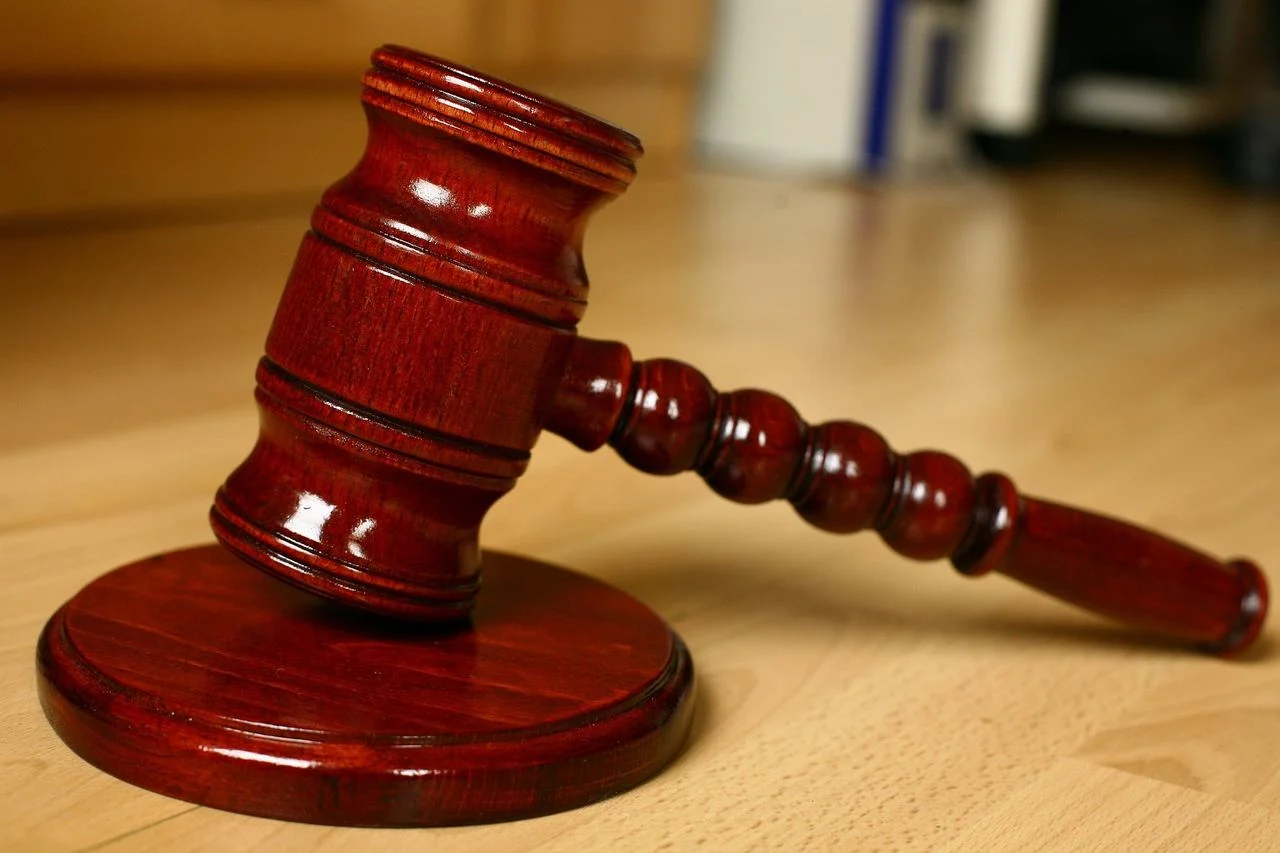Simplifying the Complex World of Probate & Trust Litigation

The world of probate and trust litigation, with its intertwining legal threads, can often appear as a tangled web. It is a realm where personal relationships, assets, and laws intersect, often leading to intricate and contentious disputes. This blog post offers a primer, simplifying this complex world and guiding you through the labyrinth of probate and trust litigation.
Understanding Probate & Trust Litigation
Probate and trust litigation involves legal disputes related to the administration of estates and trusts. This can occur when there’s a disagreement about the interpretation of a will or trust, the validity of the document, the actions of the executor or trustee, or the rights and interests of beneficiaries or heirs.
Common Aspects
- Will Contests: A will contest is a challenge to the validity of a will. Common grounds for a will contest include allegations of undue influence, fraud, lack of testamentary capacity, or improper execution.
- Trust Disputes: Trust disputes often revolve around the interpretation of trust terms, the trustee’s actions, or the rights and interests of beneficiaries. These disputes can involve issues of trust construction, breaches of fiduciary duty, or trust modification or termination.
- Estate Administration Disputes: These disputes arise during the administration of a decedent’s estate. They can involve issues such as the valuation of assets, the payment of debts and taxes, the distribution of assets, or the executor’s actions.
- Guardianship and Conservatorship Disputes: Disputes can arise over the establishment of a guardianship or conservatorship, the selection of a guardian or conservator, or their actions and decisions.
Navigating Probate & Trust Litigation
Navigating probate and trust litigation involves a series of steps:
Consultation with an Attorney
Probate and trust litigation can be legally complex and emotionally charged. Consulting with an experienced attorney can provide clarity, guidance, and a strategy for resolution.
Investigation and Discovery
The next step involves gathering evidence to support your position. This can include reviewing documents, interviewing witnesses, and consulting with experts.
Negotiation and Mediation
Before heading to trial, parties often attempt to negotiate a resolution. If negotiations stall, mediation may be an option. Here, a neutral mediator helps parties reach a mutually acceptable agreement.
Litigation
If a resolution can’t be reached, the dispute will proceed to trial, where a judge will hear the evidence and make a ruling.
Conclusion
Probate and trust litigation, with its myriad issues and high stakes, can feel like a tangled web. However, with understanding, patience, and the right legal guidance, these knots can be unraveled. Remember, an experienced probate attorney can guide you through this complex process, advocating for your rights and interests, and helping you find your way through the labyrinth to the resolution and peace of mind you seek.
